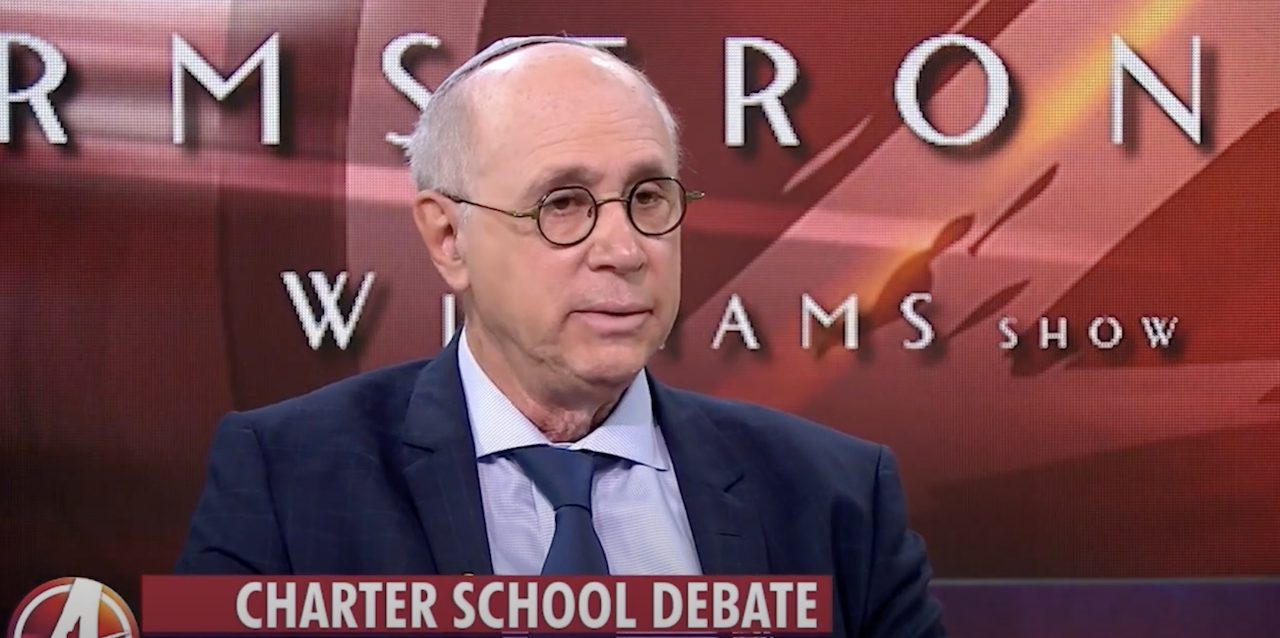Pushing the Reset Button
Erev Rosh Hashana 5773
September 16, 2012
Since we are in the thick of the election season I can’t help but notice that several terms that have entered the political lexicon have crept into our national parlance. I mention it tonight because these references have relevance to the themes of the holiday.
Shortly after taking office, the Obama administration, for example, spoke of hitting the reset button to reframe our relations with Russia. Earlier this year we heard from the chairman of the Romney campaign that after the primaries are over, the slate is wiped clean, like an etch a sketch toy.
As we usher in the new year this evening, both images – the reset button and the etch a sketch correspond to the theme of the season. The power and meaning of Rosh Hashanah and of the Aseret Yemei HaTeshuvah, the Ten days of Repentance that it inaugurates is that we have the chance to start anew, to wipe our slate clean and to have a fresh beginning.
The 19th century work “Sefer HaHinukh” says, “It is out of kindness toward His creatures that the Lord remembers them and reviews their deeds year after year on Rosh Hashanah, so that their sins may not grow too numerous.” As a sign of purity our Torah scrolls as well as our klei kodesh, our spiritual leaders don white garments. One reason our sages say that Rosh Hashanah is celebrated in the month of Tishri is because it is connected to the Aramaic word “shari“, which means to loosen, untie or dissolve. And tomorrow afternoon many of us will gather at the stream behind our building to participate in the ceremony known as tashlich, when we will symbolically cast away our sins by throwing bread crumbs onto the water.
In other words, the new year is the ultimate reset button. It is the deluxe edition of “etch a sketch”. We may wonder and ask is it really possible to do so, to start over? And if it is possible to do so, how do we go about accomplishing something so difficult as making a significant change of direction?
The prayers and liturgy we recite tonight, tomorrow and throughout these ten days all point to today as a Yom HaDin, a Day of Judgment. The scriptural readings describe a day in which God remembers individuals. It all converges to reinforce the notion that God takes note of each of us and of our deeds so that we will heed the call to look within ourselves. The intent is to make us conscious of how it is that we have acted in the past year, and what it is that we need to change.
This change is called teshuvah, a uniquely Jewish concept which means more than just repentance. It entails turning and returning – turning and returning to the well-spring of Judaism, to God, to others, to loved ones, to seek and to grant forgiveness. The purpose of teshuvah is to heal our relationships, to motivate us to change our course and way of life to become aligned again with the teachings of our heritage.
Sometimes the change is real, and sometimes all we need to change is our perspective.
A story is told about Yankele the water carrier who always complained about the burden not just of the water he carried but of the hardships he endured. When asked by his rebbe how things were going, he complained how much his shoulders ached from so much schlepping over the years. None of his children ever helps, as they are too busy studying Torah and his wife is always after him to do so many chores when he gets home. Sometime later when the rebbe again asked how he was doing he got a very different response.
This time he said, “You know, I really can’t complain. My shoulders ache, but they haven’t given out. Thank God I can still work. My children, are bright and doing well in their studies. And as for my wife, if she didn’t ask me to help her do things around the house, I wouldn’t know how much she needs me. So, thank God I am blessed and doing well.”
The rebbe’s students were amazed by the transformation and asked the rabbi what had changed in Yankele’s life to make things so much better. The rabbi explained to his disciples that nothing had changed, but that Yankele had taken his advice and come to see his tsuris, his troubles as a blessing. Life had changed for him because he chose to view things differently.
Tonight we have the chance to change how we do things, or at least how we look at our predicament.
Rabbi Brad Hirschfield writes, “Rosh HaShanah offers an important alternative to the dominant culture’s common responses to past events we wish we could have handled differently or seen to a better conclusion. Rather than naively wishing the past away, as many new age gurus would have us do, or holding onto stubborn self-righteousness which sees change as a sign of weakness, as so many others would have us do, Rosh HaShanah celebrates the possibility of endless second chances without pretense regarding the past.”
One of the ways life acquires meaning is through the endless ongoing effort to work to improve our lives and our character. Let us take advantage of this new beginning, this new year and see it as the gift it is.




